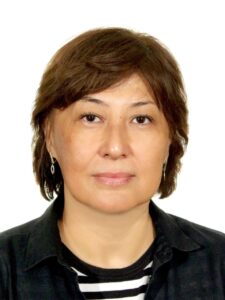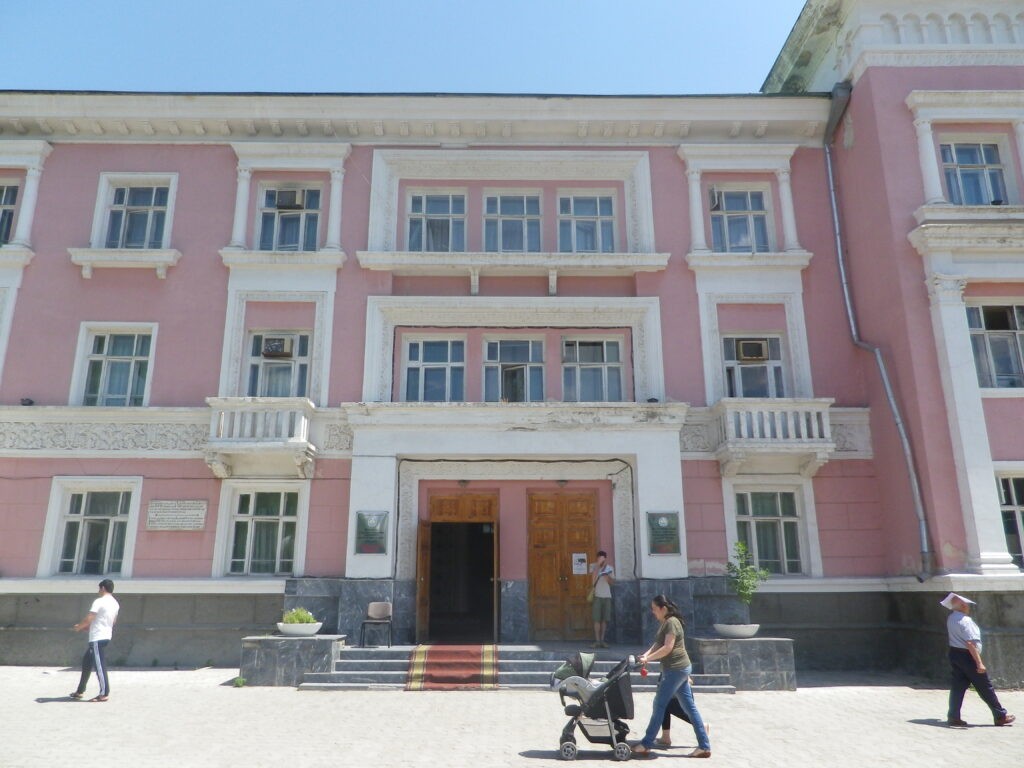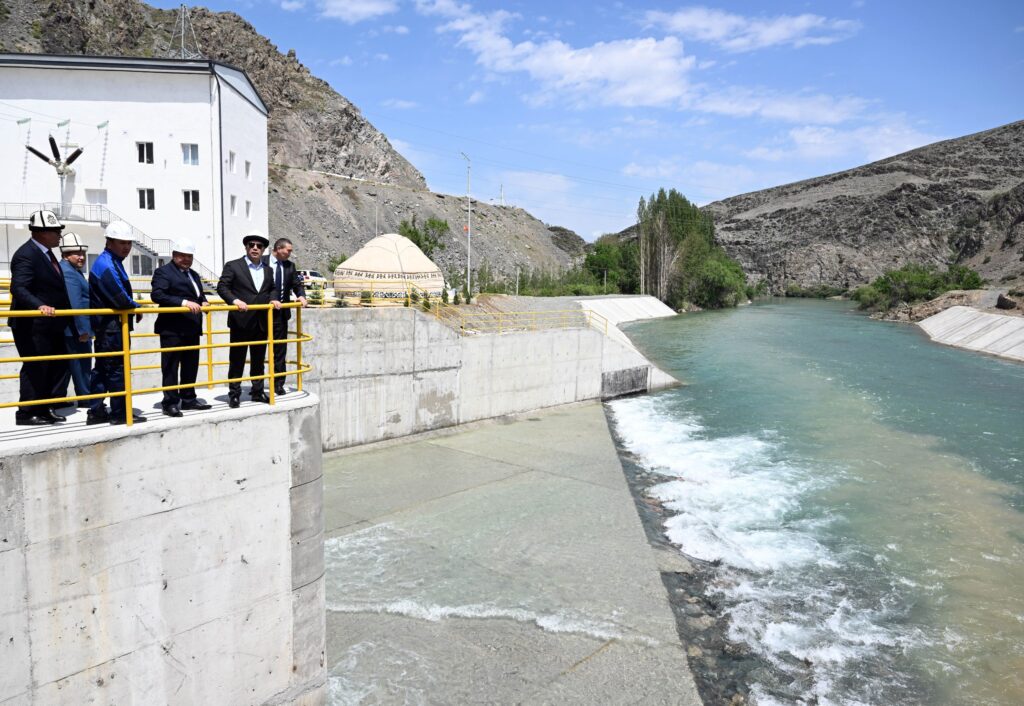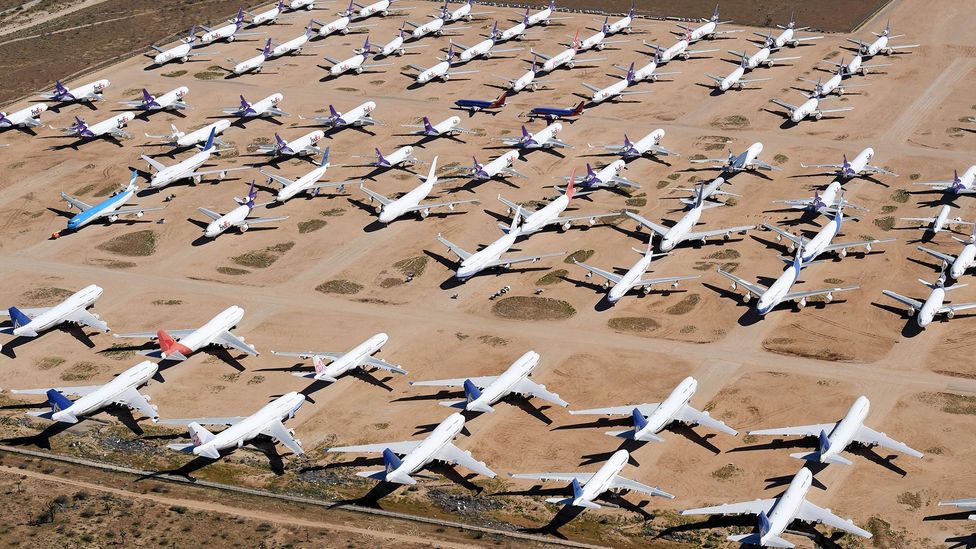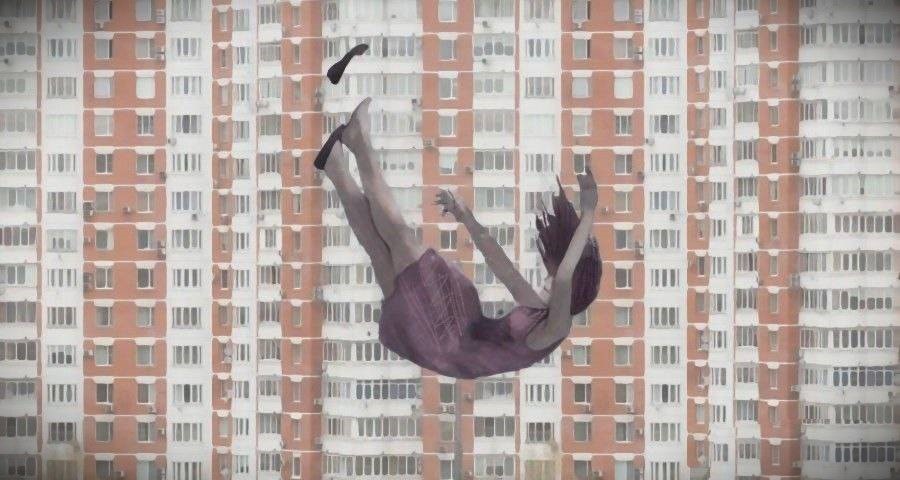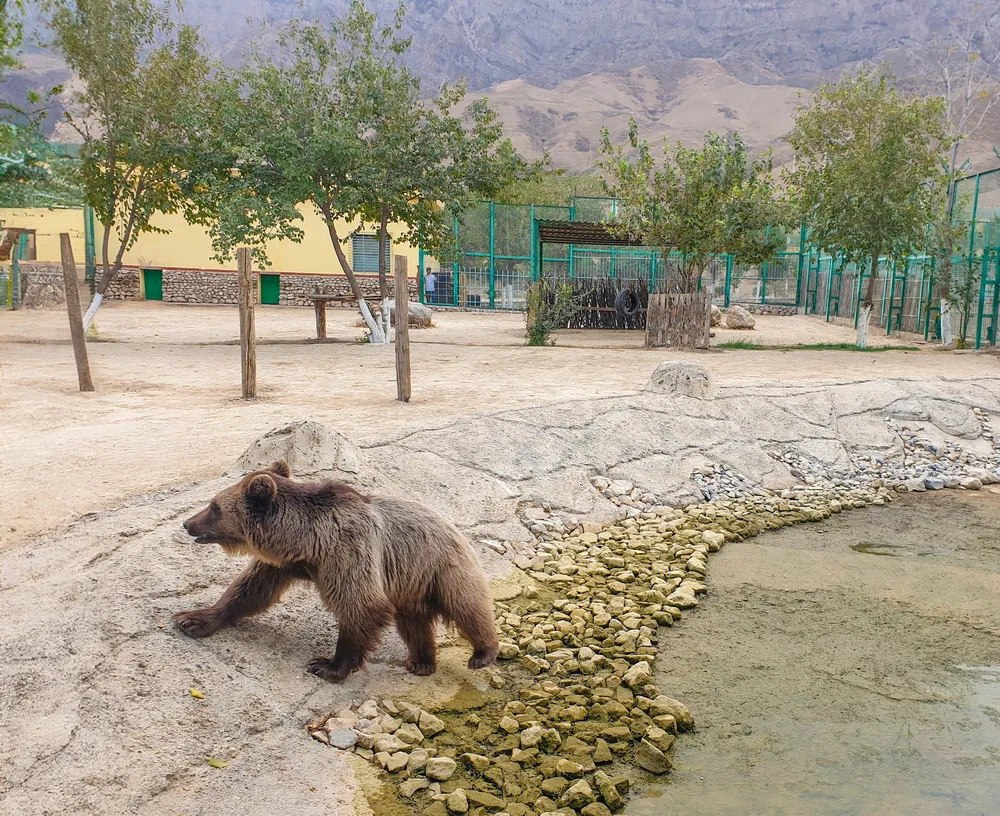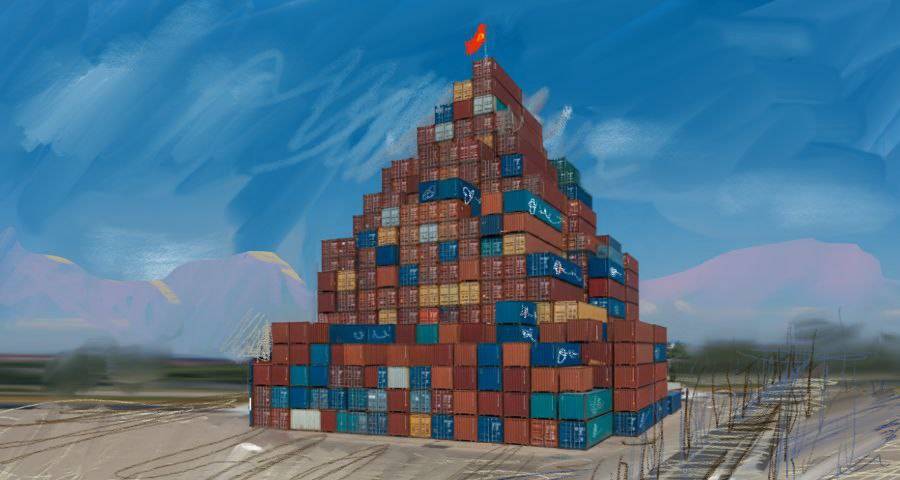In December 2023, I was asked quite frequently whether, in my view, protests like the ones that took place across Kazakhstan in January 2022 were again possible. Based on previous sociological data, I answered that they were most likely not: Throughout 2021 – largely due to the pandemic – social sentiment had worsened, reaching its lowest levels in our 20 years of collecting observations. At that time, almost all indicators of social well-being had declined, including satisfaction with life and the approval of government institutions, while expectations of protests about socio-economic and political issues had increased.
Since January 2022, however, many indicators began to improve, and by December 2023, they had “normalized”, roughly reaching 2019 levels. This is clearly seen in the indicator regarding the respondent’s satisfaction with life (see Chart 1 below). Over 2004-2023, this indicator saw three incidences of significant deterioration, namely in 2004, in 2008-2009 when the financial crisis struck, and in 2021-2022. Thus, by end-2023, the dangerous convergence of satisfaction/dissatisfaction indicators seems to have passed as social sentiment stabilized.
Chart 1: In general, are you satisfied or dissatisfied with your life? (2004-2023)

In December 2023, the country’s economic situation was also seen as having improved (see Chart 2 below). Some 24% percent of respondents said that the economy was in good shape (versus 7% in 2021); 57% saw things as average (vs. 41% in 2021), and only 13% called the economic situation “bad” (vs. 30% in 2021). Most respondents, therefore, saw the economy in 2023 in a neutral or positive light.
Chart 2: How would you assess the current economic situation in Kazakhstan?

However, this does not mean that social sentiment has completely turned around and that it can be ignored. The challenging dynamics of “social optimism”, an important indicator, reflects the population’s subjective near-term outlook. Optimistic responses (i.e., “we will be better off”) rose in 2022 to 49% but decreased to 43% in 2023, representing the same level as during the crisis year of 2021 (see Chart 3 below).
Chart 3: Do you think that in a year you (your family) will be better or worse off than now? (2004-2023)

What drives this decline in Kazakhs’ social optimism? The answer, I think, is low levels of income against a backdrop of rising prices for food and essential goods and services, as well as higher utility tariffs. According to the survey, 58% of the population only has enough money to buy food and clothing and to pay for utilities, with no money left for savings. Almost another fifth of respondents (18.2%) can be classified as “low-income”, meaning their income is barely enough to live on (see below Chart 4).
Chart 4: Assess your income versus consumption (%, December 2023)

This is why the majority of the population, having carefully planned their small family budgets, painfully experiences unexpected changes to the status quo. Take health care, for example: Some 52.6% of respondents said that their health insurance payments were already too high and that they have trouble making them each month while 43.2% said that they do not have a regular income to make compulsory social health insurance contributions.
The data from this sociological research raises some questions, including to what extent the state takes into account difficulties faced by a significant part of the country’s population when it adjusts taxes and tariffs and makes changes in other areas without adequate transition periods and insufficient information campaigns. Government bodies should be aware of their responsibility to preserve social stability. Obviously, the inability to plan one’s life even in the short term is extremely irritating and can unhinge anyone.
Dr. Gulmira Ileuova has a PhD in economics and is president of the Strategy – Center for Social and Political Research public foundation. Building on more than 25 years of research experience she is currently focused on projects that advance the social welfare and political climate of Kazakhstan. Dr. Ileuova graduated from St Petersburg State University Faculty of Philosophy with a degree in sociology and teaching sociology. Her Master’s thesis was on “The social aspects of the formation and development of Kazakhstan’s political elite” (1997). Dr. Ileuova holds memberships in the National Kurultai, a community organization and consultative body under the President of the Republic of Kazakhstan.
